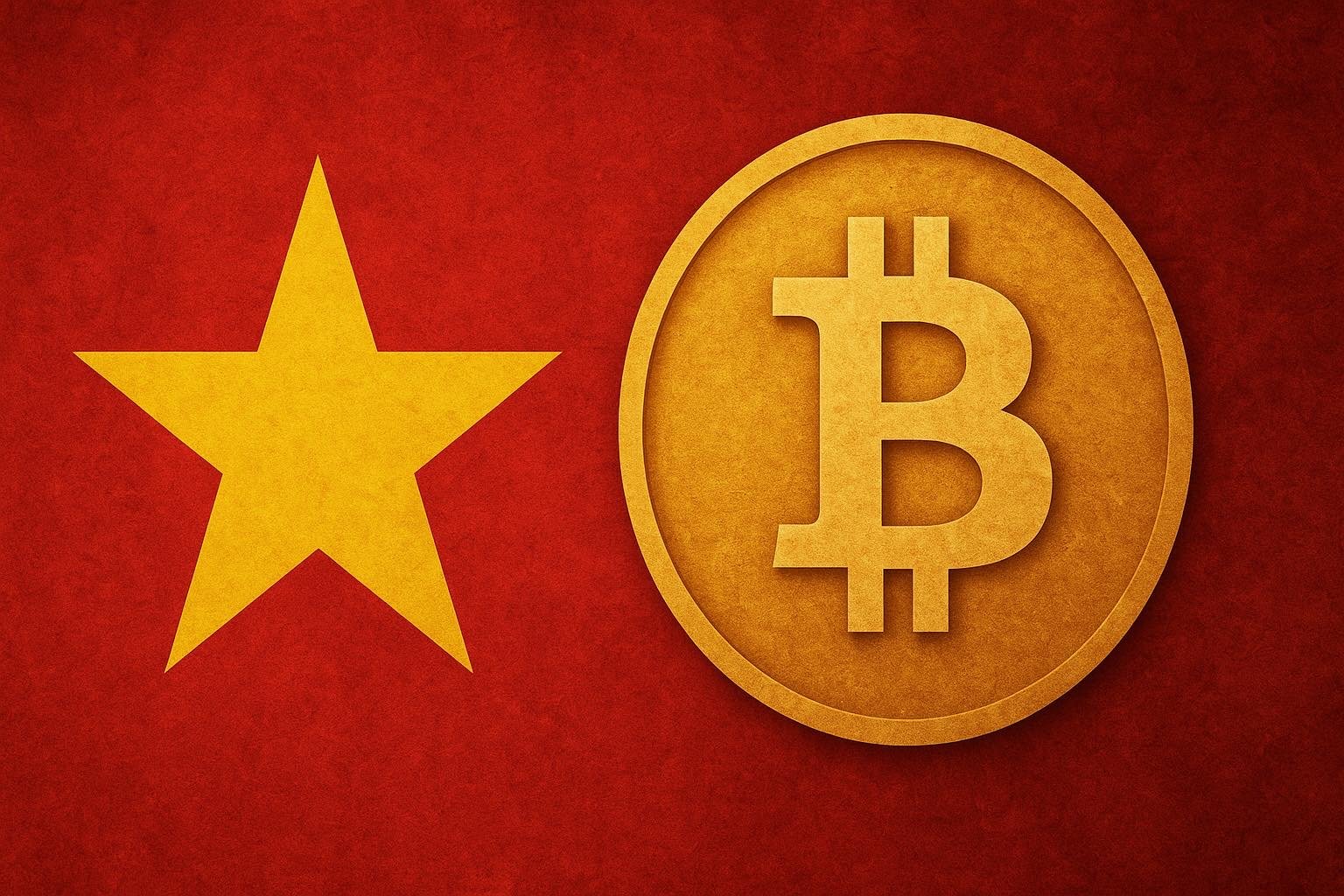Vietnam has finally put crypto under a legal spotlight. A new law, along with a five-year pilot program, is meant to bring order to a market that has been thriving without any real framework for years.
But here’s the rub: investors in Vietnam will no longer have the same freedom to trade on big international platforms like Binance or Bybit, unless those companies manage to get a local license. For most traders, that means being pushed toward a handful of domestic exchanges.
Progress, But With Limits
On one level this is progress. Vietnam has been one of the most active crypto markets in Asia, yet it’s always operated in a legal gray zone. Now the government is setting clear rules. Licensed exchanges will have to meet capital requirements, apply strict KYC and AML checks, and stay under the Ministry of Finance’s eye. Regulators say this will protect investors and clean up a market that has seen its share of scams.
Still, there’s another side to it. For ordinary users, crypto has always been about freedom. Buy a token in Hanoi, sell it in Singapore or San Francisco, borders didn’t matter. That global access is now under threat, and Vietnamese traders may find themselves boxed into a much smaller ecosystem.
Why Global Exchanges Will Struggle
The new requirements aren’t small. To qualify, an exchange needs at least VND 10 trillion (roughly US$380 million) in paid-up capital. Most of the ownership has to come from institutions, and foreign stakes can’t go past 49 percent.
Put simply, the odds are stacked against global platforms. For investors, that translates into fewer places to trade, thinner liquidity, and likely higher costs. The bigger problem, though, is choice. Many coins that are widely traded elsewhere will never make it onto local Vietnamese exchanges.
What It Means for Investors
So what happens now? Some traders will probably pull funds from global platforms right away, either to stay within the rules or just out of fear their accounts could be frozen.
Yes, local exchanges will get more volume. But at the same time, they won’t be able to offer the same variety. Investors who want exposure to smaller DeFi projects, meme coins, or newer tokens may simply not find them on domestic platforms. For the average investor, that means fewer tokens to buy and sell. For people chasing new projects, it could feel like the door to the wider crypto world has been slammed shut.
Thinking Ahead
There’s a bigger lesson here. Rules can change overnight. What looks like open access today can vanish tomorrow, depending on where you live.
That’s why more investors are turning to self-custody. Keeping assets in a secure wallet, rather than parked on an exchange, gives people the flexibility to move when markets shift. A wallet that works everywhere, regardless of local licensing, is one way to stay connected even when regulations tighten.
Exchange Options in Vietnam
Vietnam’s pilot program may eventually strengthen the market, but in the short term it limits what investors can do. The selection of coins on local platforms will almost certainly be narrower than what’s available globally.
For Vietnamese users who don’t want to lose that freedom, global wallets are already out there. Some even offer full Vietnamese language support, making it easier to keep access to a broader range of assets while the domestic market adjusts. One standout that excels in this regard is Best Wallet.
This Web3 wallet is fully non-custodial, appealing to those resolute about taking full control of their crypto. This model ensures better protection, as users are the only ones holding all the keys.
The lack of KYC is another defining feature that makes it a perfect fit for Vietnamese users who want to stay off the radar while navigating the crypto space. After a successful download from the Google Play Store or Apple Store, they can create an account and use its full set of features without undergoing the KYC procedure. This is another key element that makes it better than centralized exchanges, especially amid mounting regulatory hurdles.
The next key attraction is its multichain focus, which grants access to a broader range of cryptocurrencies across different blockchains. Per the roadmap, the goal is to support over 60 blockchains, an ambitious task that cannot be achieved all at once. And that’s why the team has been adding support for new chains one by one, with the most recent one happening early August.
Known as v2.10, this update rolled out support for Solana, listing both SOL and many other assets on the network, drawing in those aiming to capitalize on the Solana meta narrative to maximize their investments.
In particular, users around the world, including in Vietnam, can now buy and swap Solana-based cryptocurrencies, along with assets from previously added chains such as Bitcoin, Ethereum, Base, Binance Smart Chain, and Polygon.
The new update also introduced gamified rewards through a new facility where users will receive points for opening the app each day.
Finally, Best Wallet has an “Upcoming Tokens” section, where users can find early-stage opportunities that could offer excellent returns within a short timeframe. Considering these key features, it’s no surprise that Best Wallet has quickly become the favorite of many traders and investors, despite launching barely a year ago.
Several YouTube videos online have featured the wallet as one of the best options available in the space right now, describing it as a solid choice for those who need a feature-packed tool that still respects their desire to stay out of sight while maintaining full ownership of their assets.
Download Best Wallet
This article has been provided by one of our commercial partners and does not reflect Cryptonomist’s opinion. Please be aware our commercial partners may use affiliate programs to generate revenues through the links on this article.
